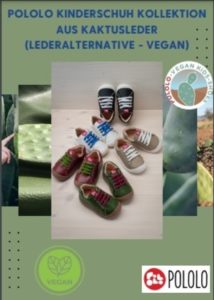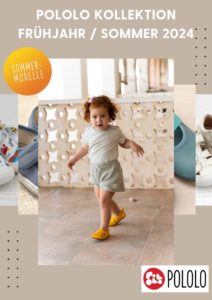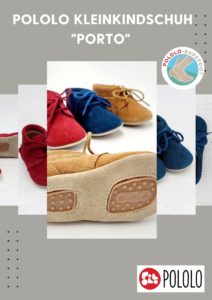Organic quality wool
Natural wool with high breathability and good thermal insulation
Highly elastic, wrinkle-free, bacteria-resistant and flame-retardant
For POLOLO wool products, only those of organic quality, i.e. from controlled organic animal husbandry (kbT), are used.
Natural wool impresses with many good properties
Wool made from animal hair has predominantly positive properties. It has a high level of elasticity, is wrinkle-free and bacteria-resistant, and is also flame-retardant. It also has a high water absorption capacity and, on the other hand, dries faster than other natural fibers such as cotton or hemp. It also needs to be washed less frequently than this. However, in order to avoid so-called pilling (the formation of pills or lint) and matting, it should be washed carefully at low temperatures with special detergents and without spinning. Their high breathability and good thermal insulation basically act like a natural air conditioning system.
Wool – a natural fiber with a long history of success
Wool made from animal hair is considered to be the oldest fiber used by humans. The spinning of yarn is said to have started around 12.000 years ago. Sheep were probably first bred for wool in what is now Iran. Merino sheep from Spain have been particularly valued in Europe since the 14th century, and were then exported to Oceania (Australia and New Zealand) and South America in the 19th century. However, in the 20th century, wool production fell into crisis with the advent of synthetic fibers.
Animal rights activists criticize factory farming and “mulesing”
Australia is now at the top of the list of wool-producing countries, but animal rights activists criticize the regular conditions: intensive factory farming raises ethical and health problems. For example, the routine use of chemical baths can lead to an accumulation of pesticide residues in the end product. In addition, there is the highly controversial “mulesing”, ie the removal of the folds of skin around the tail, usually without anesthesia and disinfection, to prevent fly maggot infestation.
Organic wool only from species-appropriate husbandry
In so-called controlled organic animal husbandry (kbT), small, robust herds are kept in a species-appropriate manner: pesticide baths and “mulesing” are avoided and each sheep is subjected to gentle individual shearing.




